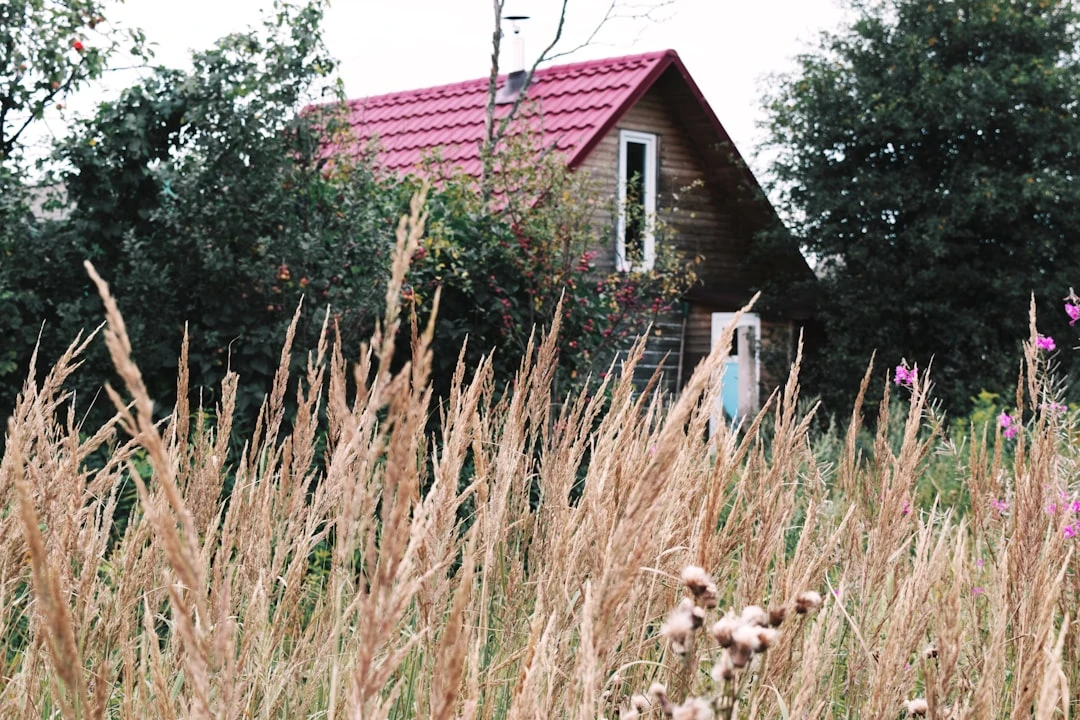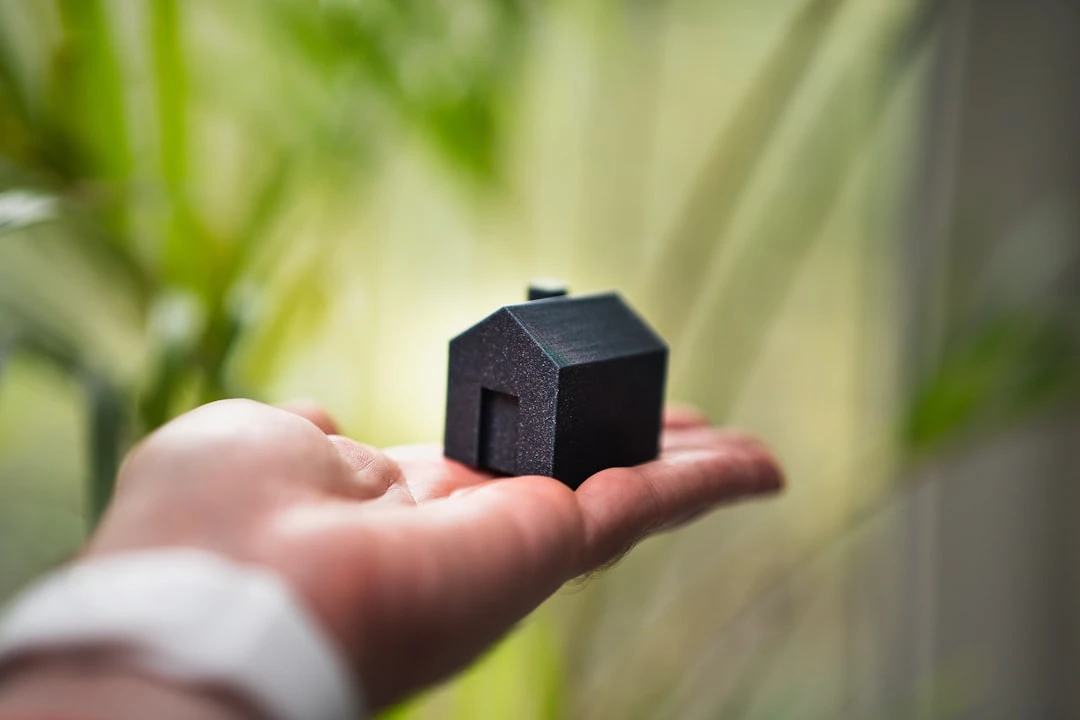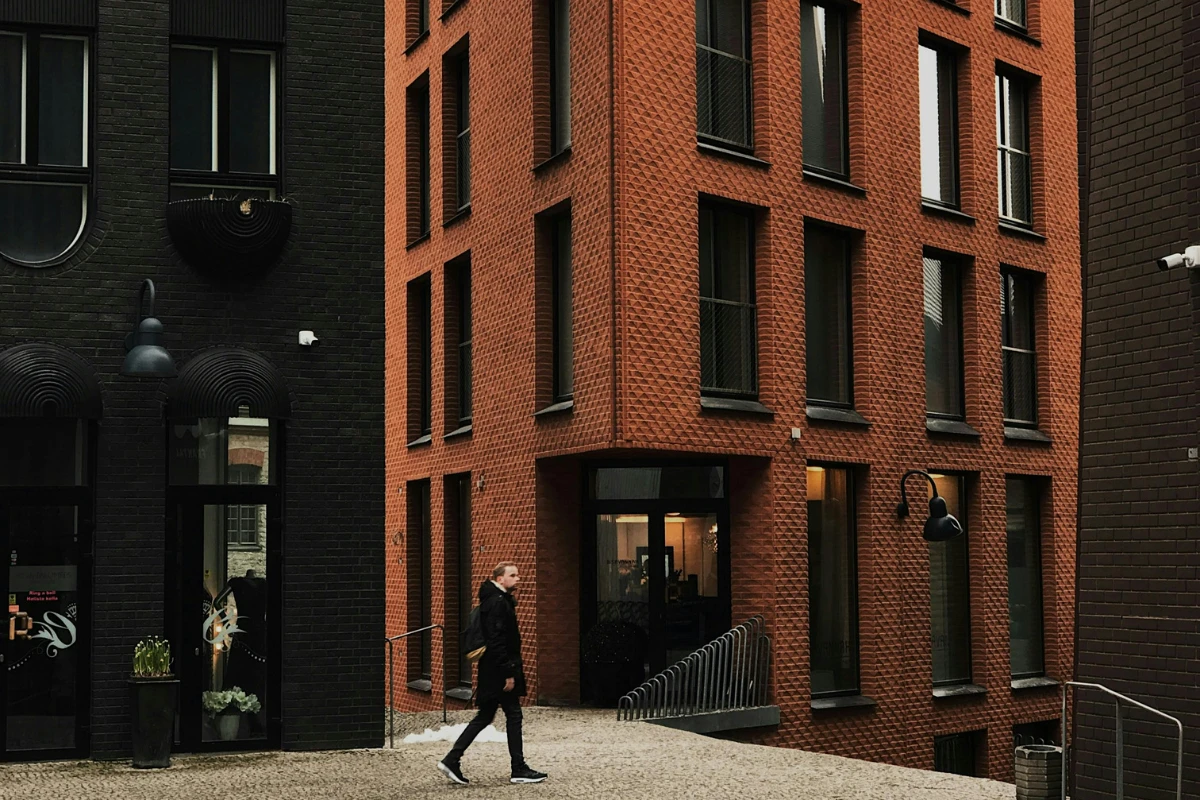Expert: It Makes Sense to Buy a Summer House During Winter Months

The market for country houses and summer cottages is highly seasonal, with greater interest typically emerging in spring and summer, though actually the best time to buy is in winter, when the shortcomings that go unnoticed in summer become more apparent, comments Olmer Õigus, consultant and real estate broker at 1Partner Kinnisvara.
According to the experienced broker, a simple rule applies to country houses: buy in winter, sell in summer. The cold season gives the buyer a true picture of the property, while spring and summer bring the seller more interested parties and better prices. "In winter, you can get an honest picture of heat retention and heating costs, the presence of moisture and mold, but also how comfortable or difficult it is to access the property," explains Õigus. He adds that outside the peak season, you can also get a more realistic picture of the plot's privacy and the area's infrastructure.
The broker, with nearly 25 years of professional experience, notes that country houses always face the same concerns – legal disputes, environmental impacts, and the role of the community. A widely common legal problem is, for example, access rights. "If a servitude has not been established and the road runs through a neighbor's land, the new owner may become dependent on the neighbor's goodwill. An extreme solution is to establish a forced easement, but this is a long and complicated process," he points out.
Regarding the surrounding environment, Õigus emphasizes the impact of agriculture. If there are fields nearby, you must account for pesticide use. "This can affect groundwater quality, garden yields, and bee colonies. I have personally witnessed a situation where plans to establish an apiary at a country house failed because pesticides were regularly used on the adjacent field," he describes. Additionally, the value of a country house is also determined by the community. "Active neighbors who maintain the roads, organize village festivals, and solve problems collectively create considerable added value. You won't see this in the property register, but it decisively affects quality of life," says Õigus.
If a family can no longer use their country house, it is worth entrusting the sale to an experienced broker. A professional assesses the property's value based on market conditions, not emotions, advises how to make the property more attractive to buyers, and helps organize documentation and legal matters. However, Õigus warns that a broker must always remain merely an intermediary. "There have been situations where a broker offers to buy the property quickly themselves. At first glance, this may seem convenient, but it usually means a lower price for the seller and later an awkward situation when the same property reappears on the market at a higher price. Therefore, you must choose a broker carefully and avoid those who put themselves in a conflict of interest," he emphasizes.




